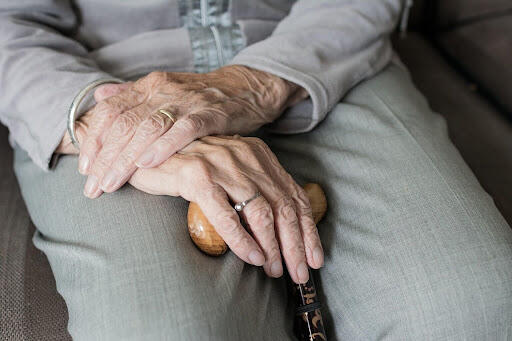
Recovery and Rehabilitation for Seniors After Road Accidents
Road accidents are challenging for people of all ages, but seniors often face unique difficulties during recovery. As the body ages, it becomes less resilient, and healing from injuries can take longer. Older adults may already be managing chronic conditions that complicate the rehabilitation process. Beyond the physical impact, accidents can affect seniors emotionally, making them fearful of driving or losing confidence in their independence.
A comprehensive approach to recovery is important for seniors after road accidents. By addressing physical, emotional, and legal aspects, families can ensure their loved ones regain quality of life and maintain their dignity during this difficult time.
Immediate Medical Care and Legal Considerations
The first step following an accident is seeking immediate medical care. Seniors are particularly vulnerable to injuries such as fractures, head trauma, and internal bleeding, which may not be immediately obvious. Prompt evaluations, including diagnostic scans and thorough check-ups, help prevent complications and set the foundation for recovery.
Seniors and their families may need to consider the legal side of recovery. Medical bills, rehabilitation costs, and lost income from caregivers can quickly add up. For some, exploring options such as hiring a personal injury lawyer can help secure compensation to cover these expenses. Legal professionals can advocate for seniors in navigating insurance claims, ensuring they are treated fairly and receive the support they need during recovery.
The Role of Rehabilitation in Senior Recovery
Rehabilitation is a critical component of post-accident care for seniors. Depending on the nature of the injuries, treatment may involve physical therapy, occupational therapy, or speech therapy. These programs are designed to restore physical function and to rebuild confidence and independence.
Physical therapy focuses on regaining mobility, improving strength, and reducing pain. Occupational therapy helps seniors relearn daily tasks that may have become difficult, such as cooking, dressing, or bathing. For those who have experienced head injuries, speech therapy may be necessary to address communication or swallowing challenges. Tailored rehabilitation ensures that seniors are supported holistically in their recovery journey.
Emotional and Psychological Support
The psychological effects of road accidents can be just as significant as physical injuries. Feelings of anxiety, depression, or post-traumatic stress are common and may hinder the willingness to return to normal activities. Some seniors may fear driving again or feel a loss of independence due to their injuries.
Counseling, support groups, and therapy sessions can provide much-needed emotional support. Family members play an important role by encouraging open conversations and providing reassurance. Addressing the emotional side of recovery helps seniors feel less isolated and more motivated to engage fully in rehabilitation.
Adapting Homes and Lifestyles for Safety
Recovery does not end at the hospital or rehabilitation center. Many seniors require adjustments at home to ensure a safe and supportive environment. This might include installing grab bars in bathrooms, using mobility aids such as walkers or wheelchairs, or rearranging living spaces to minimize fall risks.
Lifestyle changes may be necessary. Seniors might need to adopt new routines that accommodate reduced mobility or energy levels. By making these practical adjustments, families can help their loved ones maintain independence while staying safe.
The Importance of Family and Community Involvement
Family members and caregivers are central to a senior’s recovery process. Beyond providing transportation to appointments or helping with daily activities, they offer emotional support and encouragement that can significantly improve outcomes. Community resources, such as senior centers, local rehabilitation programs, and volunteer groups, can ease the burden on families and create a broader network of care.
This support system ensures that seniors do not feel alone in their journey and reinforces their sense of belonging, which is vital for well-being.
Long-Term Health and Preventive Strategies
After a road accident, long-term health becomes a priority for seniors. Regular medical check-ups, continued therapy, and ongoing monitoring of pre-existing conditions help prevent setbacks. In some cases, seniors may need to reassess their driving abilities or rely more on alternative transportation options to maintain safety.
Preventive strategies, such as strength-building exercises, balanced diets, and routine health screenings, play an important role in reducing the risk of future injuries. By focusing on long-term health, seniors can continue to live fulfilling lives even after a serious accident.
Recovery and rehabilitation for seniors after road accidents require a comprehensive approach that goes beyond immediate medical treatment. From physical therapy and emotional support to home adaptations and legal considerations, every aspect plays a role in helping seniors regain independence and confidence.
For families, being proactive and supportive makes a significant difference in outcomes. By combining medical care, rehabilitation, and the right legal and community resources, seniors can navigate recovery more smoothly, ensuring that their golden years remain safe, dignified, and fulfilling.